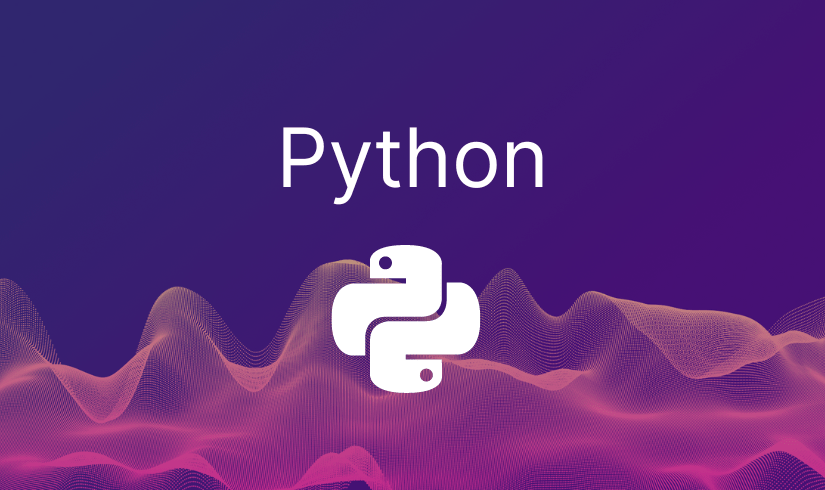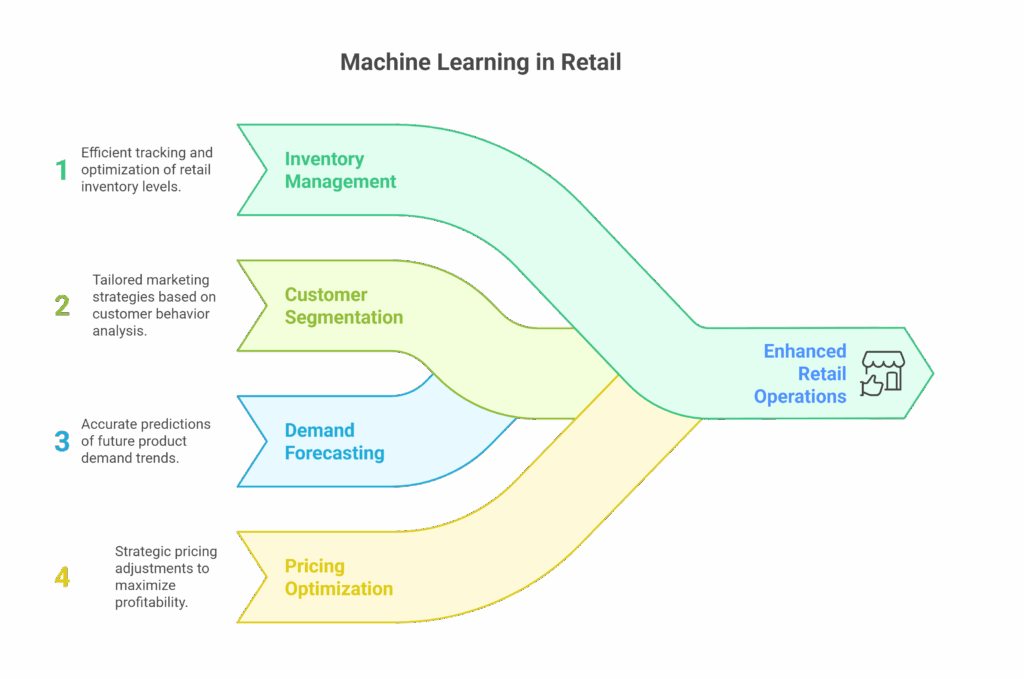Simple Python Guide For Beginners

What is Python
Python is a high-level, interpreted programming language known for its simplicity and readability. It provides an easy-to-learn syntax that allows developers to express concepts in fewer lines of code compared to other languages. Python is designed to be beginner-friendly, making it an excellent choice for those new to programming.Python is a versatile language used in various domains such as web development, data analysis, scientific computing, machine learning, and more. It offers a rich set of libraries and frameworks that help developers solve complex problems efficiently.Python emphasizes code readability with its clean and intuitive syntax. The use of indentation to define code blocks enhances the readability of the code, making it easier to understand and maintain. This readability not only benefits individual developers but also promotes collaboration within teams.One of the strengths of Python is its extensive standard library, which provides a wide range of modules for different tasks such as file I/O, networking, and database interaction. Additionally, Python has a vast ecosystem of third-party packages and libraries created by the community, allowing developers to leverage existing solutions and accelerate their development process.Python supports multiple programming paradigms, including procedural, object-oriented, and functional programming styles. This flexibility allows developers to choose the programming approach that best suits their needs and problem-solving strategies.The Python community is vibrant and active, with a large number of developers contributing to its growth and improvement. This active community ensures that Python stays up to date with new features, enhancements, and bug fixes, making it a reliable language for various applications.In summary, Python’s simplicity, readability, versatility, extensive library support, and active community make it a powerful programming language suitable for beginners and experienced developers alike. Its ease of use and wide range of applications have contributed to its popularity and widespread adoption in the programming world.
Advantages of Python
Python offers several advantages that contribute to its popularity among developers. Here are some key advantages of Python:
Readability: Python emphasizes code readability and uses a clean and intuitive syntax. The use of whitespace indentation instead of braces enhances code readability, making it easier to understand and maintain. This feature is particularly beneficial for beginners and collaborative projects.Ease of Learning: Python is known for its simplicity and beginner-friendly nature. Its straightforward syntax and clear design make it easier to learn compared to other programming languages. Python’s readability and simplicity contribute to faster development cycles and reduced time spent on debugging.Versatility: Python is a versatile language that can be used for a wide range of applications. Whether it’s web development, data analysis, scientific computing, machine learning, or artificial intelligence, Python provides libraries and frameworks that cater to various domains. This versatility allows developers to work on diverse projects using a single language.
Vast Ecosystem: Python has a vast ecosystem of third-party packages and libraries, providing pre-built functionalities that developers can leverage in their projects. Libraries such as NumPy, Pandas, Matplotlib, and TensorFlow are widely used and help expedite development by offering ready-made solutions for complex tasks.Integration Capabilities: Python plays well with other programming languages and systems. It has robust integration capabilities, making it easy to interface with languages like C, C++, and Java. Python’s compatibility with different platforms and systems allows developers to seamlessly integrate Python code into existing applications.
Community and Support: Python has a large and active community of developers worldwide. This community offers extensive support, resources, and documentation, making it easier for developers to find solutions to their problems. The community’s continuous contributions ensure that Python remains relevant, up to date, and adaptable to emerging technologies.
Scalability: Python provides scalability for projects of all sizes. It can be used for small scripts, as well as large-scale applications. Python’s scalability is further enhanced by frameworks like Django and Flask, which provide tools and features for building robust and scalable web applications.Cross-Platform Compatibility: Python is a cross-platform language, meaning that Python code can run on various operating systems such as Windows, macOS, and Linux without requiring significant modifications. This portability makes it easier to develop and deploy Python applications across different platforms.In conclusion, Python’s advantages include its readability, ease of learning, versatility, extensive ecosystem, integration capabilities, strong community support, scalability, and cross-platform compatibility. These benefits make Python a popular choice for developers, enabling them to build efficient and powerful applications across various domains.

